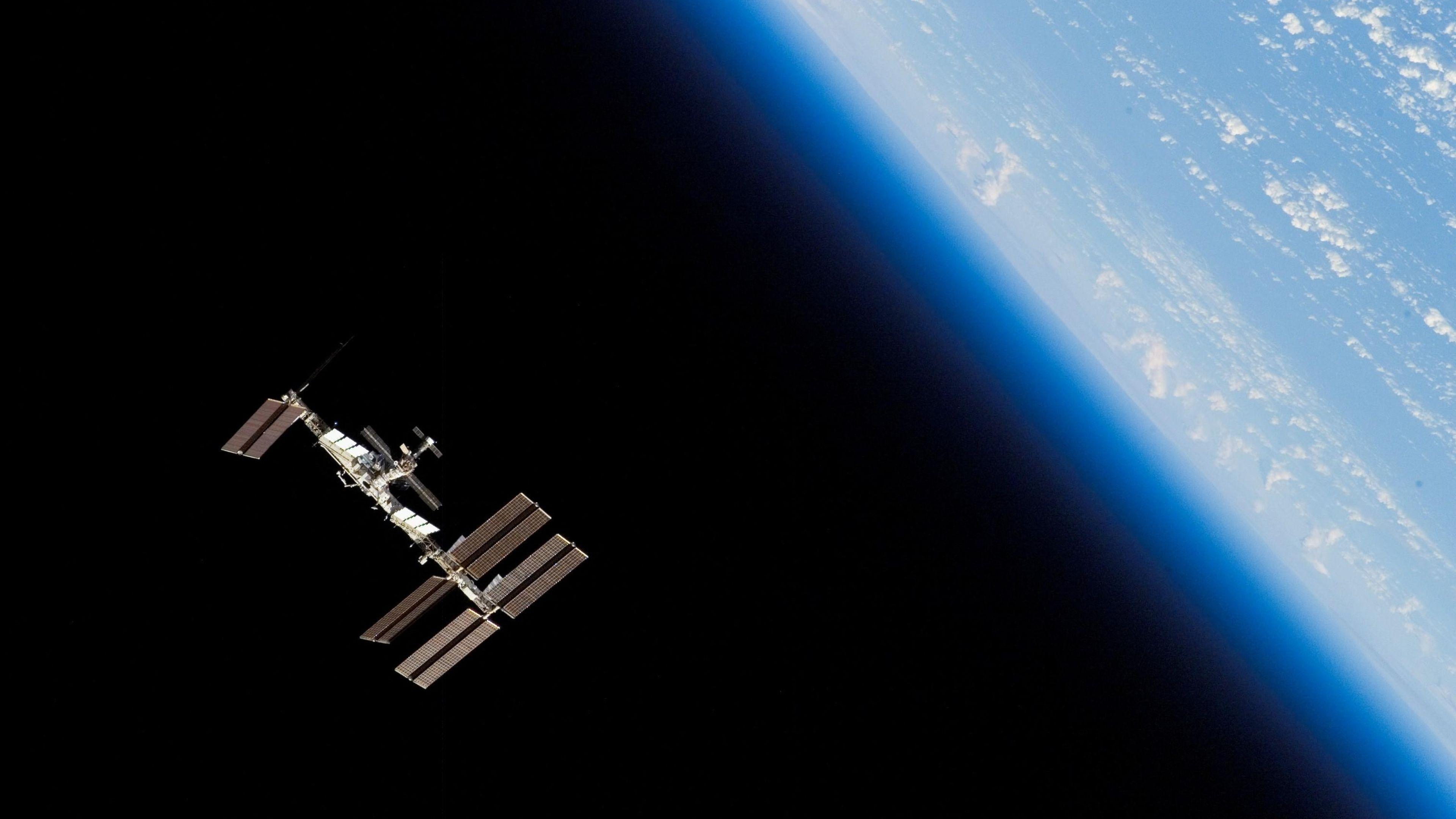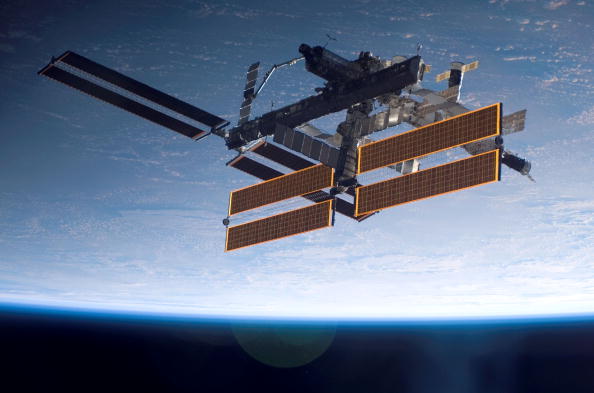
It will soon hand out a further $400m to two, three or possibly four of a dozen other firms which hope to enter the market. Last year it awarded $140m to Axiom Space, a firm in Houston that is already manufacturing such a station. NASA calls its side of this enterprise the Commercial Low-Earth-Orbit Destinations ( CLD) project. But Mr McAlister also claims that commercial opportunities in orbit are now so abundant that industry should be able to support much of the cost of private space stations, even without government contracts. That, says Phil McAlister, a senior space-flight official at the agency, may save NASA as much as $1.5bn a year. The agency’s plan is to pay the firms behind these replacements for services rendered, such as hosting astronauts or conducting research in the microgravity that the perpetual freefall of orbit offers.

But NASA is encouraging commercial replacements instead. No other intergovernmental habitat will supersede it. But either way, it will not be long until thrusters on the most expensive object ever made push the whole caboodle to fiery doom over the Pacific Ocean. NASA believes that, with upgrades, the ISS can limp on until 2028, or perhaps a bit longer. And, on September 9th, the smell of smouldering plastic wafted through it, though no open flames broke out. This intergovernmental but American-dominated effort, the first elements of which were launched in 1998, was designed to last about 15 years, so is already past its sell-by date. The underlying reason for all this activity is the imminent death of the International Space Station ( ISS). And, acting together, these motives seem likely, some time this decade, to result in the first real settlement of outer space by private enterprise. NASA hopes to save America’s amour propre. Several other firms, egged on in some cases by NASA, that country’s space agency, have similar ideas. Eye-catching though they are, however, they are not alone. But these two projects, if they succeed, will be on a far grander scale.

Mr Bezos’s rival Elon Musk, for example, has been offering them, via his rocketry firm SpaceX, for several years.

Private-enterprise missions to orbit are not new.


 0 kommentar(er)
0 kommentar(er)
